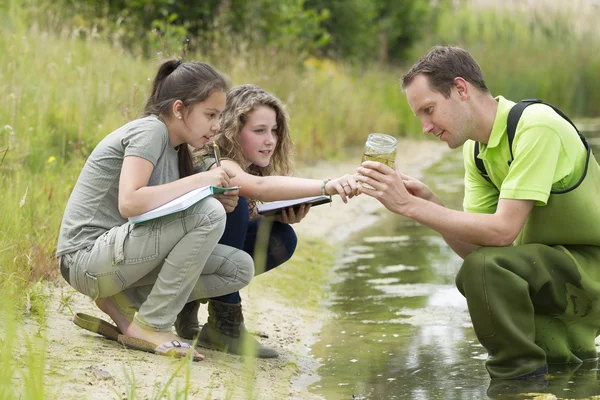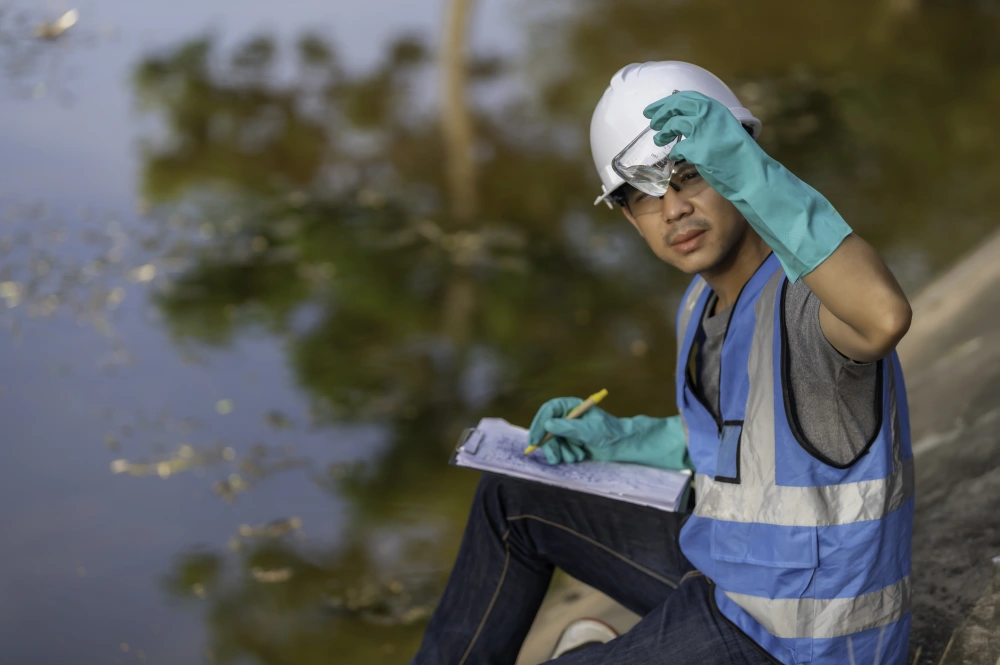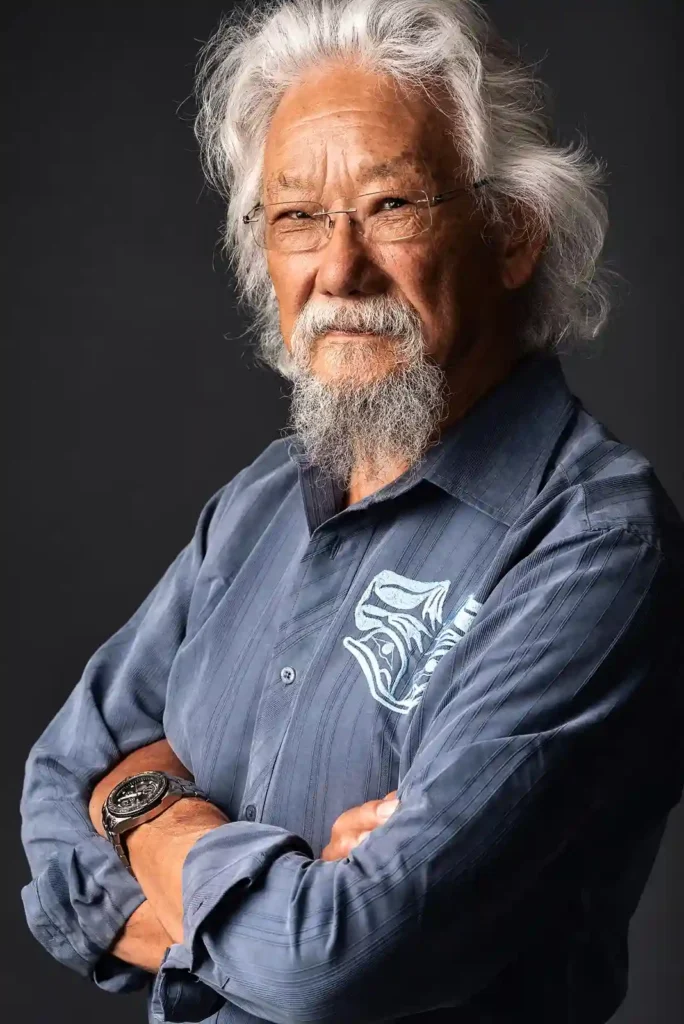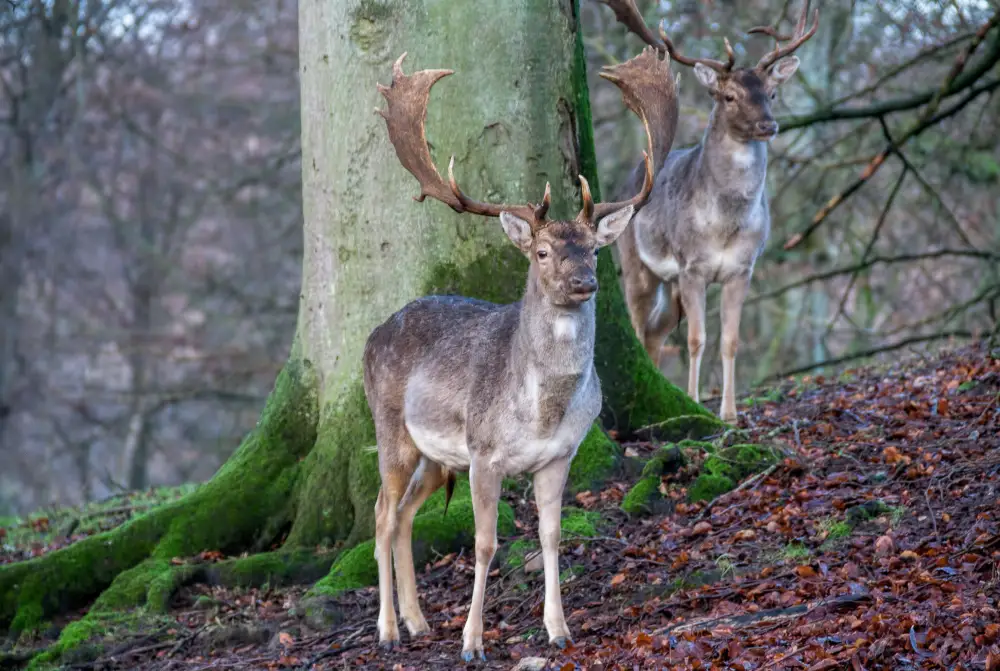Ecologist

Ecologist
Job Sector
Energy and Natural Resources
Potential Salary (USD)
Low End: $45,000.00 /yr
Avg/Med: $70,000.00 /yr
High End: $120,000.00 /yr
Education Required
- Bachelor of Science in Environmental Sciences, or
- Bachelor of Science in Ecology,
- Bachelor of Science in Conservation Biology
Job Outlook
The demand for ecologists is expected to grow as environmental concerns, such as climate change and biodiversity loss, become increasingly urgent.
Career Profile Overview
Ecologists study the relationships between living organisms and their environment. They analyze ecosystems, monitor environmental health, and work to protect natural habitats. Their work is critical for understanding how human activities impact the environment and for developing strategies to conserve biodiversity and natural resources.



Key Responsibilities
Ecosystem Research
- Study various ecosystems, including forests, wetlands, grasslands, and marine environments, to understand how species interact with each other and their surroundings.
Data Collection and Analysis
- Conduct fieldwork to gather data on wildlife populations, plant species, water quality, soil conditions, and other environmental factors. Analyze this data to identify trends and make informed decisions.
Conservation Planning
- Develop and implement conservation plans aimed at protecting endangered species and habitats.
Environmental Impact Assessments
- Evaluate the potential effects of construction projects, land use changes, and other human activities on ecosystems.
Public Education and Outreach
- Engage with the public, government agencies, and other stakeholders to raise awareness about environmental issues and promote conservation efforts.
Policy and Advocacy
- Work with policymakers to develop and advocate for environmental regulations that protect ecosystems and biodiversity. Provide expert advice on environmental issues to guide decision-making.
Sustainability Initiatives
- Contribute to the development of sustainable practices in industries such as agriculture, forestry, and urban planning, ensuring that these activities do not harm the environment.
Educational Path
High School
- Basic understanding of science, mathematics, technology, and geography is important for this role.
Postsecondary
- Bachelor’s Degree in Ecology, Environmental Science, Biology, or a Related Field
Advanced Degrees
- Master’s or Ph.D. in Ecology or a Related Field
Certifications
- Certified Ecologist (CE)
- GIS Certification
Entry-Level
Field Technician
- Collects ecological data in the field, sets up and monitors sampling equipment, and assists with habitat assessments under supervision.
Environmental Educator
- Develops and delivers educational programs to the public or specific groups about ecological principles, conservation, and local ecosystems.
Research Assistant
- Supports ecological research projects by performing literature reviews, data entry, basic analysis, and assisting with experimental setups.
Mid-Level
Ecologist
- Designs and conducts studies to investigate interactions between organisms and their environment, analyzes data, and interprets ecological patterns and processes.
Conservation Scientist
- Applies ecological principles to develop and implement strategies for protecting biodiversity, managing natural resources, and restoring degraded ecosystems.
Environmental Consultant
- Provides expert advice to clients on ecological assessments, environmental impact studies, regulatory compliance, and sustainable development practices.
Senior-Level
Senior Ecologist
- Leads complex ecological research projects, manages teams, provides expert technical advice, and contributes to policy development related to environmental management.
Ecology Professor
- Conducts independent research in ecology, teaches university-level courses, and mentors graduate students in academic settings.
Director of Conservation Programs
- Oversees the strategic planning, development, and implementation of large-scale conservation initiatives and programs for an organization.
Skills and Qualities
Scientific Research
- Strong understanding of biology, ecology, and environmental science. Familiarity with research methods and data analysis techniques.
Field Work
- Comfortable working outdoors in various environments, often in challenging conditions. Ability to use field equipment and conduct surveys.
Problem Solving
- Ability to develop creative solutions to environmental challenges, such as habitat degradation or species extinction.
Communication
- Excellent written and verbal communication skills for reporting findings, presenting research, and educating the public.
United States
University of California | California
- Program: Bachelor of Science in Environmental Science, Policy, and Management with a concentration in Ecology.
- Website: UC Berkeley Environmental Science
Duke University | North Carolina
- Program: Bachelor of Science in Environmental Sciences and Policy
- Website: Duke Environmental Science
University of Wisconsin | Wisconsin
- Program: Bachelor of Science in Biological Aspects of Conservation
- Website: UW-Madison Conservation Biology
Canada
University of British Columbia | British Columbia
- Program: Bachelor of Science in Ecology, Evolution and Conservation Biology
- Website: UBC Conservation Biology
University of Toronto | Ontario
- Program: Bachelor of Science in Ecology and Evolutionary Biology
- Website: U of T Ecology and Evolutionary Biology
McGill University | Quebec
- Program: Bachelor of Science in Environmental Biology
- Website: McGill Environmental Biology
Dr. David Suzuki

Position
Environmental Activist and Science Broadcaster
Contributions
Dr. David Suzuki is a geneticist turned environmental activist who has become one of the most influential voices in environmental science and advocacy. His work as an ecologist and communicator has raised awareness about climate change, biodiversity, and sustainability.
Impact
Co-founded the David Suzuki Foundation, which works to protect nature, fight climate change, and build a sustainable future. He also authored numerous books and articles on environmental conservation and sustainability, influencing public opinion and policy.
Source



